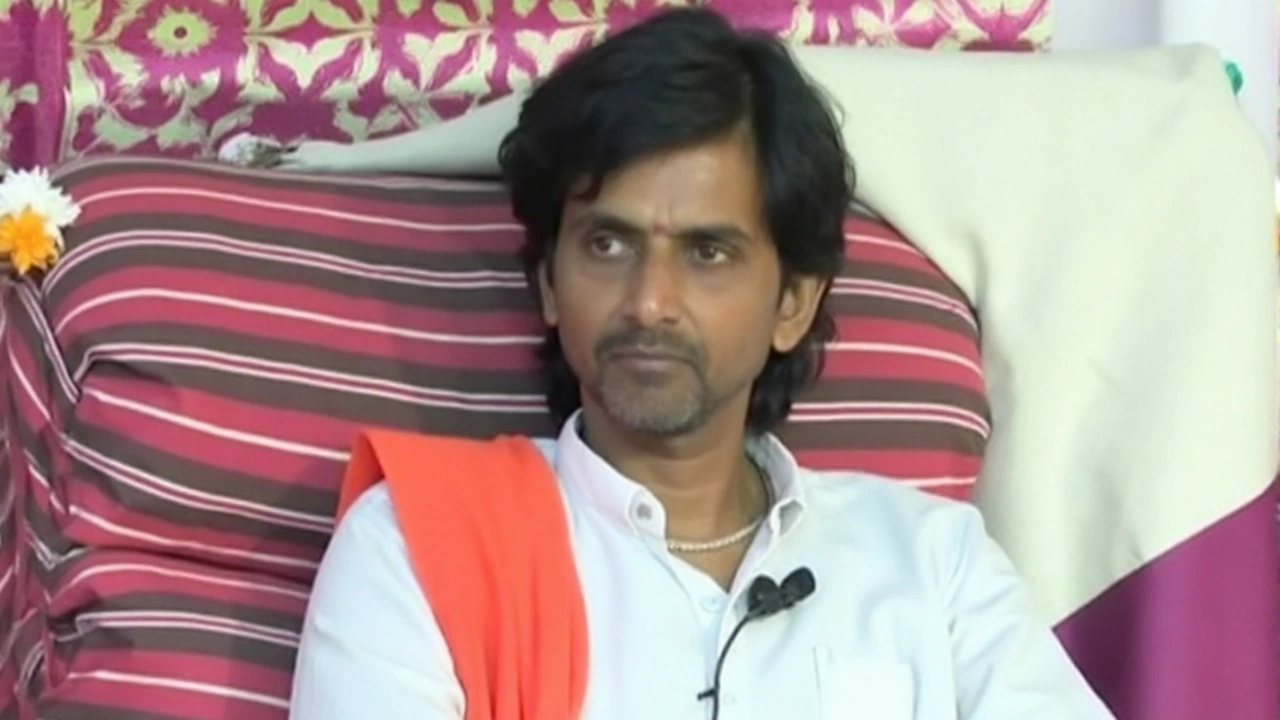OBC Quota Explained: What It Is and Why It Matters
If you’ve heard the term “OBC quota” and wondered what it really means, you’re not alone. It’s a reservation system set up by the Indian government to give a fair share of seats in education and jobs to people from the Other Backward Classes. The idea is simple: level the playing field for communities that historically missed out on opportunities.
Today the OBC quota shows up in college admissions, government jobs, and even private sector hiring that follows the reservation rules. Understanding how it works can help you or your family plan better for studies, careers, and even scholarships.
How the OBC Quota Works
First, the government classifies certain castes and communities as OBC based on social and economic criteria. Once a group is listed, a set percentage of seats—usually around 27% at the central level—is reserved for eligible candidates. In a college with 100 seats, about 27 become OBC seats. The same logic applies to government jobs where a portion of vacancies is earmarked for OBC candidates.
To claim the quota, you need a valid OBC certificate issued by the state or central authorities. This certificate proves that you belong to an eligible community and that your family’s income falls within the prescribed limits, if any. Without it, you’ll be placed in the general category and compete with everyone else.
Most institutions follow a two‑step admission process: first fill the reserved seats, then the remaining seats go to the open category. If an OBC candidate scores higher than the cutoff for the open category, they’re still placed in the OBC section. This ensures that the quota doesn’t lower standards; it just guarantees a minimum number of seats.
Tips to Make the Most of OBC Reservations
1. Get Your Certificate Early – Apply for the OBC certificate as soon as you can. The paperwork can take weeks, and missing the deadline means you lose the chance to use the quota for that admission cycle.
2. Know the Cutoffs – Every college releases separate cutoffs for OBC and general categories. Compare them to see where you stand. Sometimes the OBC cutoff is lower, giving you a better chance of admission.
3. Apply Broadly – Don’t limit yourself to a single college or job. Submit applications to multiple institutions that honor the quota. More applications increase your odds of landing a spot.
4. Prepare for the Main Exam – While the quota helps with seat allocation, you still need to clear the entrance test or interview. Focus on your studies, use mock tests, and stay consistent.
5. Stay Updated on Policy Changes – The reservation percentages and eligibility rules can change with new government orders. Follow reliable news sources or the official portals of the Ministry of Social Justice and Empowerment.
Remember, the OBC quota is a tool, not a guarantee. It opens doors, but you still need to walk through them with the right preparation and mindset. By understanding the system and planning ahead, you can turn the reservation into a real advantage for your education and career.
Got more questions about the OBC quota? Check the latest updates on the official government website or talk to your college’s admission office. The more you know, the easier it is to use the quota to your benefit.
Bombay High Court restricts Manoj Jarange Patil’s Mumbai protest, cites Ganpati security and permit rules
The Bombay High Court told activist Manoj Jarange Patil he can’t protest in Mumbai without permission, especially during the Ganpati festival. Despite that, he began an indefinite hunger strike at Azad Maidan, demanding Marathas be recognized as Kunbis for OBC benefits. The state said a sub-committee is studying options within the Constitution. The next hearing is on September 9.
